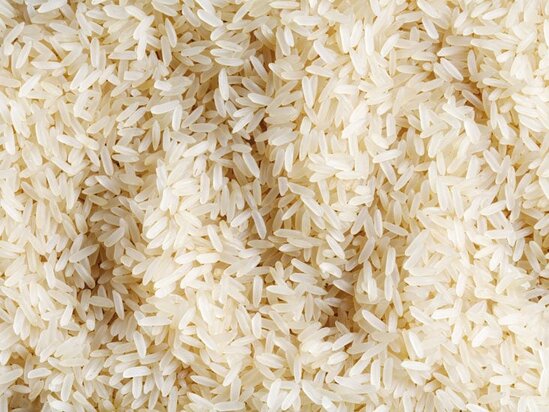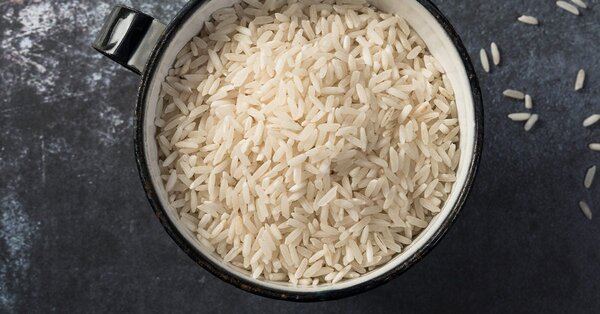Rice is a staple food that is consumed by people all over the world. It is versatile, easy to cook, and can be used as a side dish or as a base for many dishes. Rice also contains various nutrients that are essential for the body.
Rice Calories 1 Cup: How Many Calories in a Cup of Rice?

One cup of cooked white rice contains approximately 200 calories. Brown rice, on the other hand, contains slightly more calories, with one cup of cooked brown rice containing around 215 calories. It is important to note that the calorie count can vary depending on the type of rice and the method of preparation.
How Many Carbs Are in One Cup of Rice?
One cup of cooked white rice contains around 45 grams of carbohydrates, while one cup of cooked brown rice contains approximately 50 grams of carbohydrates. The carbohydrates in rice provide energy to the body and are essential for optimal brain function.
Cup of Rice Protein: How Much Protein in a Cup of Rice?
Rice is not a significant source of protein, with one cup of cooked rice containing around 4 grams of protein. However, rice can be combined with other protein sources such as beans or meat to increase its protein content.
1 Cup of Rice Nutrition: Vitamins and Minerals
One cup of cooked rice contains various vitamins and minerals that are essential for the body. These include:
- Thiamin: 0.2 mg
- Niacin: 2.5 mg
- Vitamin B6: 0.2 mg
- Folate: 57 mcg
- Iron: 0.8 mg
- Magnesium: 48 mg
- Phosphorus: 101 mg
- Potassium: 83 mg
- Zinc: 0.6 mg
Rice Nutritional Facts: What Else is in Rice?

Rice is a low-fat food that is also low in sodium and cholesterol. One cup of cooked rice contains approximately 0.4 grams of fat, 10 mg of sodium, and no cholesterol. It is also gluten-free, making it a great option for those with celiac disease or gluten intolerance.
Fat in Rice: How Much Fat In Rice?
As mentioned above, rice is a low-fat food that contains approximately 0.4 grams of fat per cup of cooked rice. The fat in rice is primarily unsaturated fat, which is considered to be a healthy fat that can help reduce the risk of heart disease.
Is Rice Gluten-Free?
Yes, rice is gluten-free, making it a great option for those with celiac disease or gluten intolerance.
Rice Is Good For You
Yes, rice can be good for you! As a whole grain, it is a great source of complex carbohydrates, fibre, and essential vitamins and minerals. It is also low in fat and cholesterol-free, making it a healthy addition to a balanced diet. However, the health benefits of rice can vary depending on the type of rice and how it is prepared. White rice, for example, is less nutritious than brown rice because it has had the bran and germ removed during processing. Additionally, rice dishes that are high in added fats, such as fried rice, can be less healthy. But overall, rice can be a nutritious and satisfying part of a healthy diet.
In conclusion, rice is a nutritious food that can be a part of a healthy diet. It is important to be mindful of portion sizes and to choose whole grain rice varieties to maximise the health benefits. Incorporating rice into your meals can provide energy, essential nutrients, and a delicious base for various dishes.